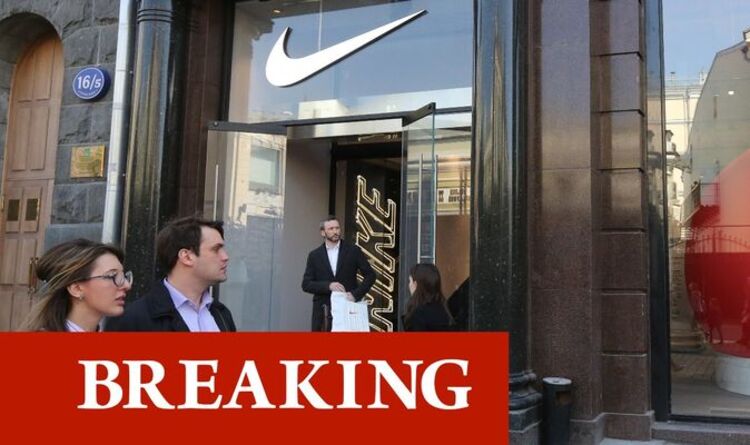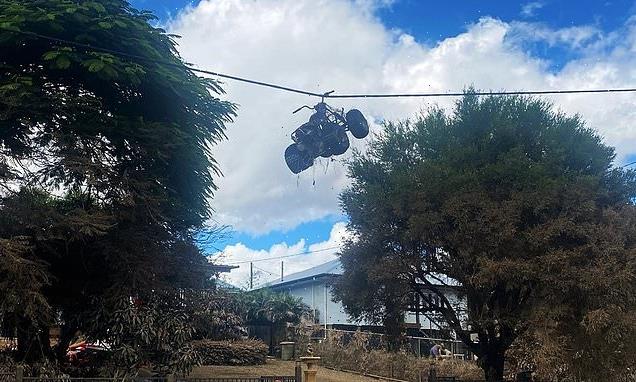Stock trading on the Moscow Exchange remained closed on Tuesday — a day after the ruble fell about 30% against the dollar and the Russian central bank more than doubled interest rates in an effort to prevent the currency from plummeting even further.
The economic disarray owes to an escalation in sanctions from the U.S. and its allies amid the Russian invasion of Ukraine. The Biden administration added severe sanctions against the Russian central bank on Monday, and before that joined European countries in a ban of some Russian banks from SWIFT, a crucial messaging service that links financial institutions across the globe.
But the worst economic damage is yet to come, says Bill Browder, an asset manager who for years specialized in investments into major Russian firms. Sanctions will eventually cause the Russian economy to fall into a full-fledged depression, Browder told Yahoo Finance Editor-in-Chief Andy Serwer in a new interview.
"I think that this is going to lead to a Russian depression," says Browder, the CEO of London-based Hermitage Capital Management. "I can't imagine how the stranglehold doesn't really drive the GDP down like 20%, 25%. It's remarkable all the steps that are being taken right now."
The measures imposed by the Biden administration in recent days include direct sanctions on Russian banks and individuals, export controls that prevent foreign and domestic companies from sending much-needed products to Russia, and a freeze on Russian central bank assets.
The steps taken by the U.S. emerged alongside a robust sanctions regime from nations in Europe and elsewhere. Notably, Switzerland, a country known for its longstanding commitment to neutrality, announced on Monday that it would adopt EU sanctions on Russia and freeze assets belonging to Russian President Vladimir Putin.
"What [Putin] is doing is exactly in character," Browder says. "The sea change is how the West has reacted."
In the late '90s and early 2000s, Browder’s firm delivered stellar returns by exposing corruption at major Russian companies, bringing about company shake-ups, and boosting share prices. In 2005, Browder was denied re-entry to Russia and later became the victim of a Russian government scheme to undermine his firm, he says. Sergei Magnitsky, a lawyer hired by Browder to investigate Russian corruption, was arrested and died in Russian custody.
Alongside the sanctions imposed on Russia, a slew of corporations have sold off investments in Russian companies or severed partnerships with Russian counterparts. British petroleum giant BP exited its 20% stake in Russian oil company Rosneft and Disney said it will stop releasing films in the country, among other moves taken in the private sector.
"The sanctions lists are important — government activity is important," Browder says. "But if every Western company stops doing business with the Russians, it's really dramatic."
Browder called on people to "pressure every single Western business, to divest, to stop doing business, to stop supplying goods, to stop supplying services to Russia."
Speaking to Yahoo Finance, Browder voiced support for an economic response that imposes maximum financial pain on Putin.
"The strategy has to be to raise the price as high as possible, and most importantly, to just deplete Vladimir Putin of resources," Browder says. "So that this war becomes so expensive, and he just doesn't have the money."
Read more:
Stacey Abrams: Georgia should 'follow the science' on mask-wearing
AOC: Corporate 'price gouging' is fueling inflation
Whistleblower Frances Haugen: Meta’s stock plummeted because it lied about ‘value of the company’
Read the latest financial and business news from Yahoo Finance
Follow Yahoo Finance on Twitter, Facebook, Instagram, Flipboard, LinkedIn, and YouTube
Source: Read Full Article


